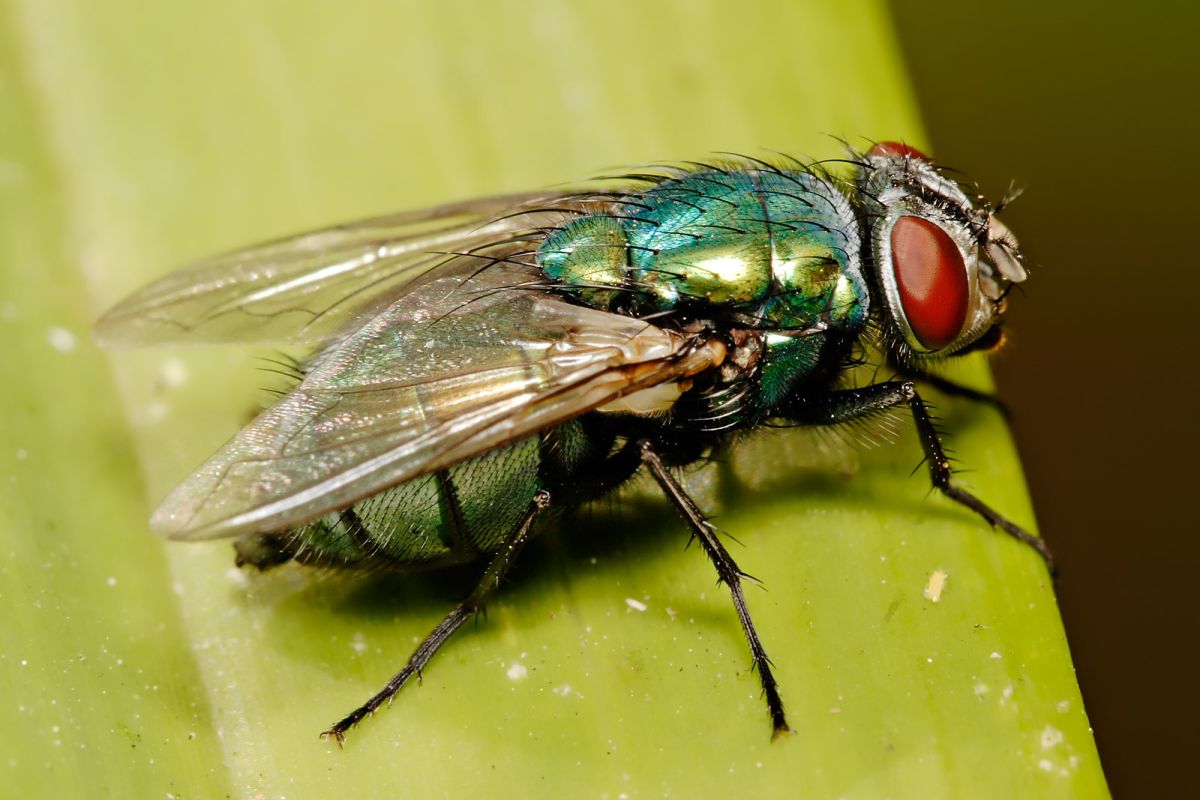
With spring well underway and temperatures rising, sheep farmers are reporting first cases of blowfly strike.
Cases have now been reported in over eight counties including Hampshire, Wales, Gloucestershire, East Sussex and Essex.
Industry experts are urging farmers to ‘strike first’ with preventative treatments rather than risk being caught out.
Blowflies are one of the most widespread ectoparasite affecting sheep in the UK. Surveys suggest that every year 80% of flocks will have one or more cases of strike.
The timing and severity of blowfly strike is strongly influenced by the weather with an ever lengthening season, which can often make the timing of treatment challenging for many flock managers.
Most of the blowfly lifecycle occurs off the sheep and adult flies may travel large distances between farms. When given favourable conditions of humidity and warmth, the entire life cycle from egg to adult can occur in less than 10 days.
'Devastating'
Fiona Hutchings, technical consultant manager at Elanco Animal Health, says there is ‘no sense’ in taking any risks with blowfly.
“It’s crucial we do not get complacent when it comes to blowfly – the costs of inaction can be devastating. It’s an extremely distressing disease to see in sheep, and obviously for the sheep themselves, so there’s no sense in taking the risk.
“Farmers should take control of the situation, before blowfly strikes their flock, by using preventative products with full fleece protection.
“Another benefit of using a preventative product early in the season is that killing flies from the first wave of the insects reduces the total number of flies for the rest of the season.”
